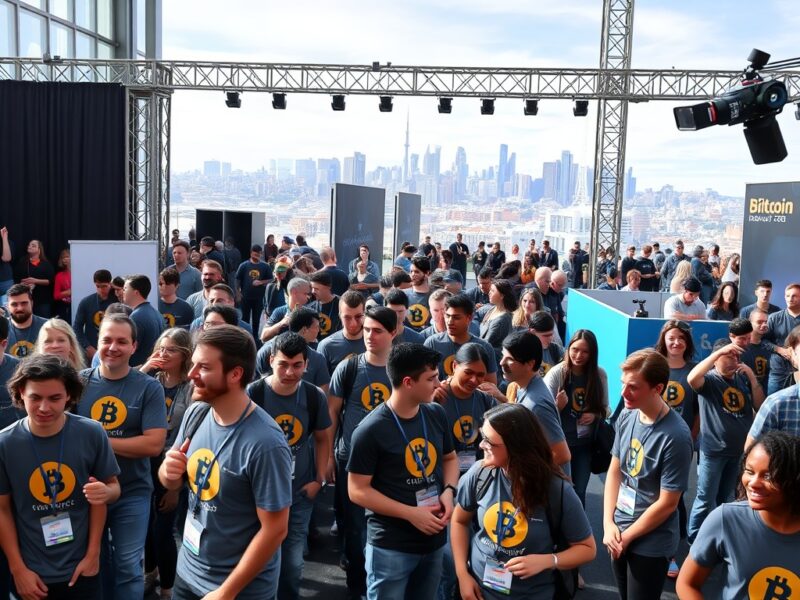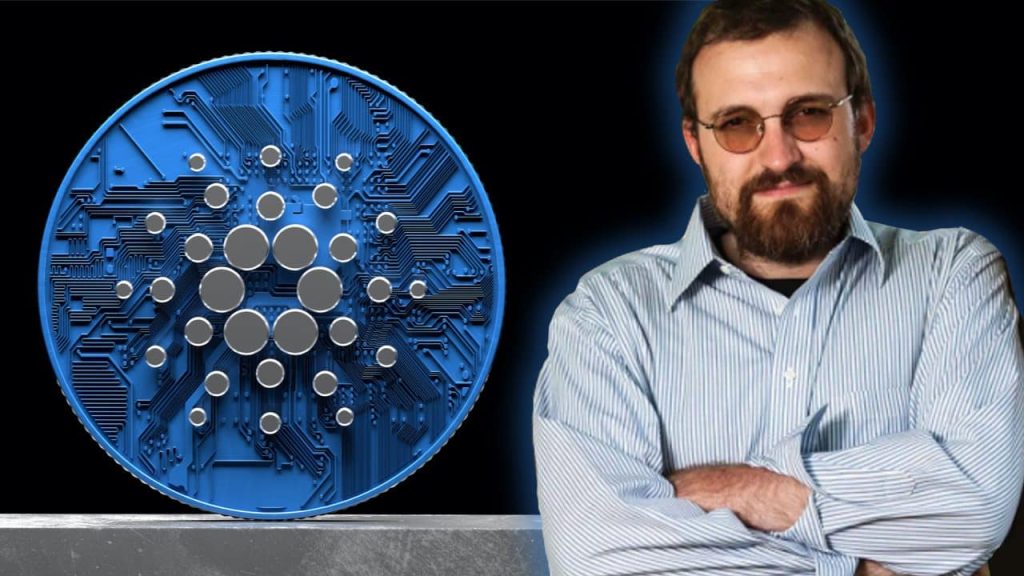South Korea’s FSC chief nominee sparks backlash with claim that crypto has no intrinsic value
Lee Eok-won, South Korea’s Financial Services Commission (FSC) chief nominee, has not been confirmed, but he already has the cryptocurrency industry in the country worried.
As far as Lee is concerned, cryptocurrencies are too volatile and lack intrinsic value, even though they continue to attract the country’s youth. The growing movement has the nominee worried they they don’t know what they are getting into.
FSC nominee is skeptical of crypto
Lee’s official statement regarding virtual assets has concerned many in the industry, as they worry it means the government’s current position on crypto having no intrinsic value will persist, leading to continued regulatory policies.
Continued regulatory action does not encourage innovation, and some are concerned that this will affect Korea’s standing globally.
“They have different characteristics from traditional financial products such as deposits and securities in that they have no intrinsic value,” Lee stated in a written response to the National Assembly’s Political Affairs Committee regarding virtual assets.
“Since virtual assets are subject to high price volatility, it is difficult to view them as fulfilling the essential functions of currency, such as storing value and serving as a means of exchange,” he added, effectively upholding the government’s current position on virtual assets.
Further into his statements, he also made it clear he has taken a somewhat negative stance on specific policies related to virtual assets. For example, he highlighted concerns regarding virtual asset investment in pension and retirement accounts.
Regarding the approval of a Bitcoin spot exchange-traded fund (ETF), he said, “I understand that there are various expectations and concerns about the impact of introducing a Bitcoin spot ETF,” and “We will comprehensively consider global regulatory trends to establish the method of introduction, schedule, etc., and discuss it with the National Assembly.”
As for stablecoin regulation, he promised to create opportunities for innovation, but he would also provide sufficient supplementary measures.
Response to Lee’s critical position
Lee’s opinion is being criticized in the virtual asset industry as being overly cautious and behind the global trend.
His statement on virtual assets having no intrinsic value specifically has ruffled many feathers and has been evaluated as inappropriate now that the world has woken up to the use cases of virtual assets.
Local reports quoted an unspecified blockchain technology company official: “The argument that there’s no intrinsic value is inappropriate at a time when large U.S. and global corporations are using virtual assets as strategic reserves.”
He added, “Virtual assets like Bitcoin possess digital utility, such as security and transferability, built on blockchain networks.”
The official also strongly criticized Lee’s position that “Bitcoin has no intrinsic value even if it reaches 1 billion won,” asking, “Who will take responsibility for the opportunity costs of domestic investors and the industrial ecosystem that is flowing out of the country?”
It has become apparent to industry leaders in the country that they need to become aggressive in steering regulation, as is the case in America.
“If we view virtual assets as a type of stock, the calculation leads to the conclusion that they have no intrinsic value. We must discard this prejudice and begin fostering the industry with a new perspective,” another official said.
Some have even argued that a separate organization for virtual assets needs to be established, citing how the Financial Services Commission, with its responsibility for virtual asset policy, has been overly focused on regulation rather than fostering innovation within the industry.
If you're reading this, you’re already ahead. Stay there with our newsletter.
You May Also Like

Unlock Your Future: Volunteer at Bitcoin World Disrupt 2025 for Unrivaled Startup Networking

Cardano (ADA) Kurucusu Charles Hoskinson, ADA’nın Geleceği Hakkında Açıklama Yaptı!
